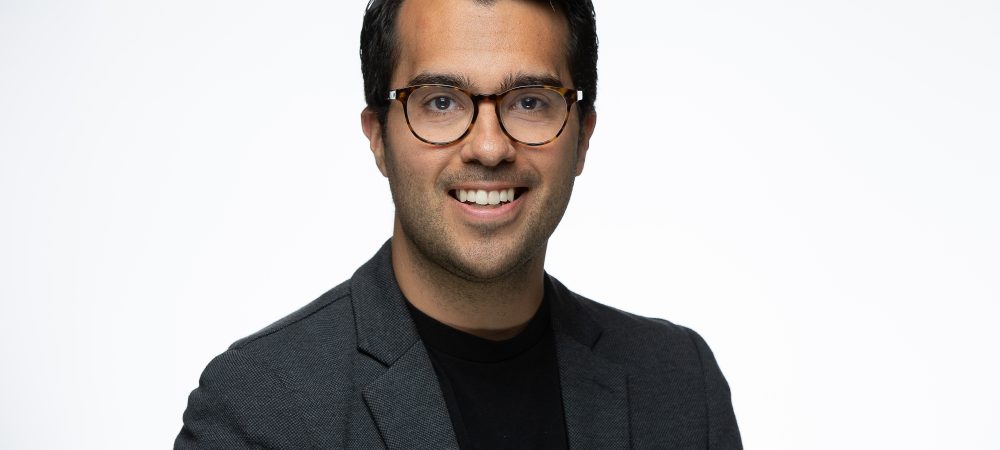On the lighter side of things, we ask Bradley Jones, CRO at Indeavor, what makes him tick.
What would you describe as your most memorable achievement?
The first leader I served under used a phrase almost daily – Winning is Hard. I try my best to enjoy each win. It’s not always easy, but this experience is a journey.
The one constant I can call out are the relationships I’ve made along the way. A large portion of my community, both personally and professionally, are the same people I’ve worked along-side. It creates a special bond with someone when you do what it takes to achieve that win – I’m grateful for those I’ve been able to experience it with.
What first made you think of a career in technology?
My journey is somewhat unique in that I’ve served in most of the roles our technology enables – frontline to leadership. At every level it became clear that digital enablement was a key, long-term focus for investment.
It was also apparent that the market was incredibly underserved both in terms of available, scalable tech and resources with the skills to enable ops and tech to co-exist. I jumped headfirst into the juxtaposition.
What style of management philosophy do you employ with your current position?
An organization needs diversity in perspective to drive innovation. A key enabler to this is healthy conflict. To have comfort with healthy conflict you need trust and respect.
I’m not sure this is a management style, but I believe in the statement above and try to cultivate it.
What do you think is the current hot technology talking point?
Human-centric design. I view all other topics as an enabler to this. Tech is changing at such a rapid pace and consumers have more optionality than ever. If you don’t deeply understand your user, their problems and can truly enable them – it’s over.
How do you deal with stress and unwind outside the office?
My wife and 2 young boys are my deepest source of joy. It’s hard to keep the work brain turned on when a four-year-old and two-year-old meet you at the door.
If you could go back and change one career decision what would it be?
Prioritizing chances instead of status-quo earlier in my career. Balancing risk, having the hard conversation, failing fast (and smart) are all learned skills. Disruption requires these skills.
Finding comfort in discomfort, especially working for large organizations, would have benefited me earlier on.
What do you currently identify as the major areas of investment in your industry?
Specific to the industries we serve, historical investment has been towards the asset – everything from infrastructure to connected data. We’ve seen a relatively recent shift to investment in people, specifically the frontline. Major enterprises and public organizations have some catching up to do. It’s exciting to be part of the change and see, first-hand, the transformation that comes by using purpose-built tools and data to enable a workforce.
What are the region-specific challenges when implementing new technologies in North America?
Change management is critical. Specifically in North America compared to other regions we serve. Disrupting ways of working that have been engrained for years is difficult, both for the provider and the consumer. This is multiplied when your tech touches multiple personas and business processes. Understanding this and guiding your users along the journey is key.
Historically this has been a human driven task through the likes of sponsorship and change programs. There will always be a human element to change, but technologies need to do a better job of innovating change more directly into how a product is designed, built and deployed.
Surprisingly, we’ve seen other regions that are more mature from a people driven technology perspective because of their natural inclination to adopt new technologies and acceptance of change – despite investment being heavier in North America.
What changes to your job role have you seen in the last year and how do you see these developing in the next 12 months?
This past year+ was primarily focused on educating the market and innovating our product offering against a rapidly growing consumer base. Our space has matured significantly and the market education has transitioned fulfilling market expectation.
Due to this maturation, the next year will have a heavy focus on return, leveraging differentiated data and continuing to innovate as the market leader in our space.
Operationally – there’s a tremendous focus in the next year on continued maturation of data to drive the business and building more leaders within our organization at every level. These two elements are critical as we continue global scale.
What advice would you offer somebody aspiring to obtain a C-level position in your industry?
From a business perspective – regardless of your role, never forget the importance of revenue. It’s easy, especially in a growth phase, to get distracted or hyper-focused on an initiative. Regardless of your discipline or level, the overall goal remains – capture and retain revenue. The best leaders can ruthlessly prioritize with this in mind. Considering this against every initiative will be a differentiator.
From a technology perspective – never forget the human element in your offering. Be maniacal about understanding your personas and constantly innovate with this in mind.


